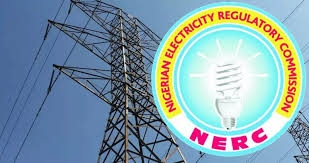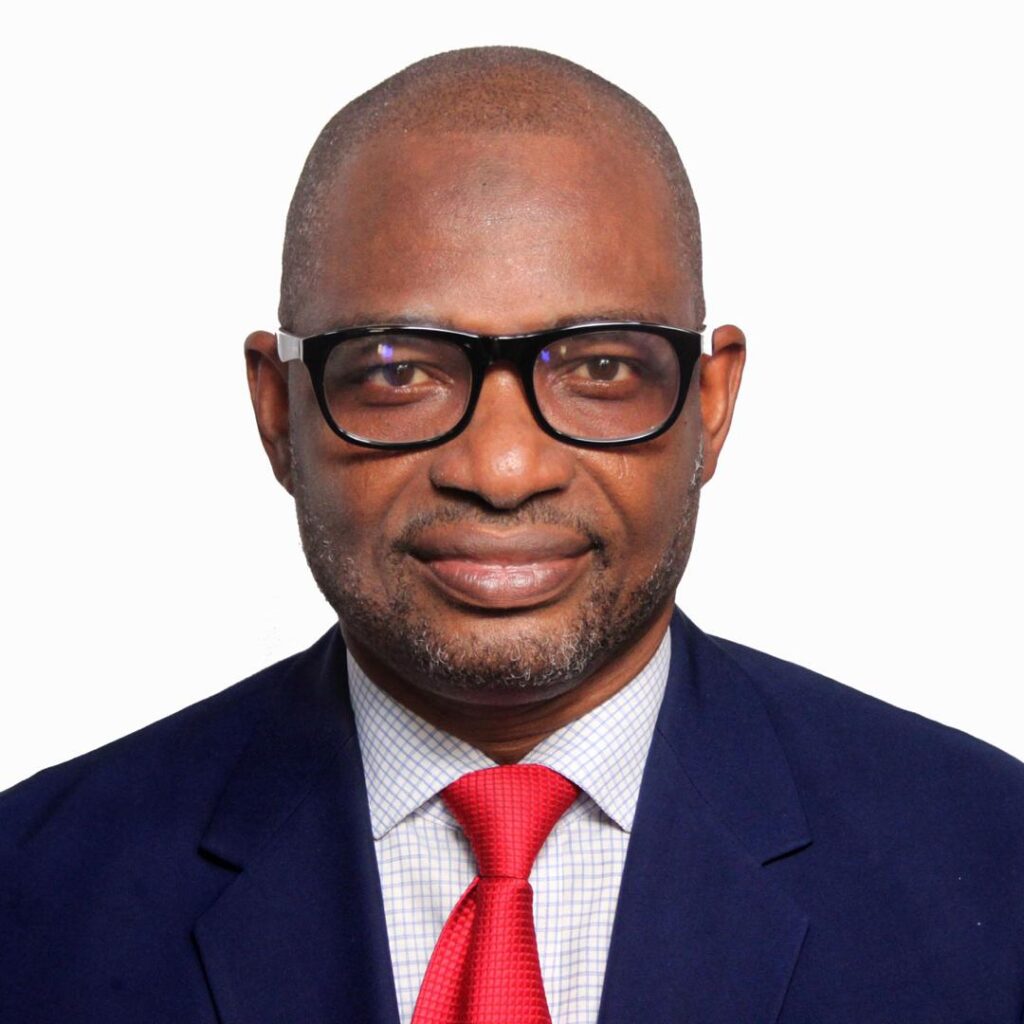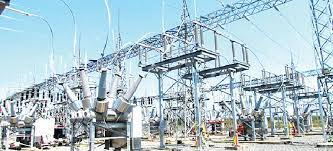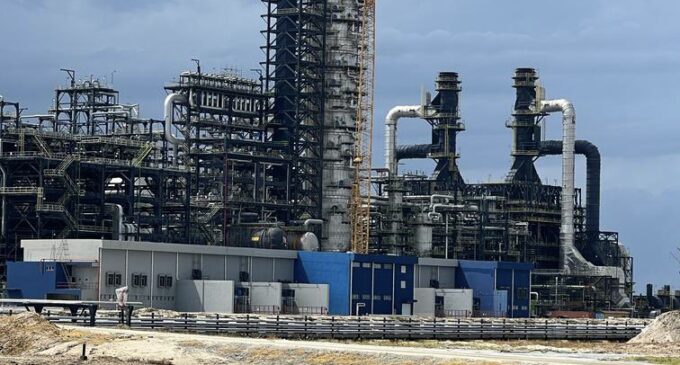Metering: Consider pricing, port congestion, political risk, other issues — Experts

By Emmanuel Marculay
Electricity experts, weekend, urged the Federal Government to review the pricing of prepaid meters, port congestion, political risk and other issues as Phase 1 of the National Mass Metering Programme, NMMP, begins.
The experts, who scored President Muhammadu Buhari-led administration high on metering compared to past governments, said the pricing of prepaid meters as part of the procuring process was very key.
They also noted that the logistics of moving meters from one place to another, the political risk associated with the coming 2023 elections and other issues should be considered as they were critical for the success.
Speaking at the just-concluded Power Dialogue in Abuja, which had ‘Assessing the Progress of the National Mass Metering Programme, NNMP, as its theme, the experts, drawn from federal institutions, Electricity Distribution Companies, DisCos and metering companies, noted that despite some challenges, the NMMP Phase 0, targeted at delivering one million prepaid meters to consumers was successful compared to the efforts of past governments in the country.
Chief Executive Officer, New Hampshire Capital Limited, Mr. Odion Omonfoman, who spoke at the event, said: “NMMP has been the most successful mass metering intervention so far in terms of the number of meters installed for Nigerians. The NMMP is directly responsible for a rapid increase in local capacity in metering, particularly local meter manufacturing and assembly capacity and meter installation capacity.
“I would score the NMMP Phase 0 high. The NMMP is not the first metering intervention by the Federal Government. In fact, there were several mass metering interventions under the defunct Power Holding Company of Nigeria, PHCN.
“There were also others under the former Presidents Olusegun Obasanjo and Goodluck Jonathan’s governments, but none of them was able to make so much positive impact. Let me recognize and commend the team that managed the implementation.”
Also, he noted that although Phase 0 was adjudged successful, it recorded some issues, including the incorrect declaration of meter quantities in-country by a few meter vendors, difficult logistics of clearing meters at the ports, inaccurate customer data and rejection of the meters by some customers and poor remuneration of meter installers, which lessons should be learned and utilised to enhance the implementation of the NMMP.
He said: “Meter installation is very important. The meter installer is as important as the local meter manufacturer. Based on our experience, we need to engage competent and experienced installers for Phase one and their remuneration needs to be prioritized as a key component of the pricing for both the MAP and the NMMP so that there are enough installers who are dedicated to rolling out the meters”.
He also dwelt on potential risks, including foreign exchange for the procurement of meter components, port congestion, litigations with local meter manufacturers that could arise in the future, and the risk of bad behavior by local meter manufacturers and DisCos to guide against in the next phase.
Also speaking, Special Assistant to the President on Power Regulation, Office of the Vice President, Dr. Ali Yusuf, highlighted the gains and achievements of the NMMP, as well as some of the challenges in Phase 0, adding that it would serve as learning points in the implementation of Phase 1.
He noted that the procurement process under phase 1 had already commenced, and that consultants have been engaged to visit and assess the meter manufacturing and assembling capacity of each local meter manufacturer in order to ascertain the true local manufacturing capacity and prevent the false declaration of their meter capacity.
He was optimistic that the NMMP would meet its target of installing 4 million meters by the end of the programme, noting that the NMMP was not the only option available to DisCos to meter their customers. He enjoined DisCos to take advantage of other structures in the Regulations such as the MAP and vendor financing, to ensure that the metering gap is closed.
Similarly, Consultant, Strategy and Corporate Planning, Abuja Electricity Distribution Company, AEDC, Mr. Bode Longe, who commended the Godwin Emefiele-led Central Bank of Nigeria, CBN, said the apex financial institution has done well in funding the nation’s metering programme.
Already, the CBN said that it has disbursed N47.66 billion to DISCOs under its mass metering scheme, which led to the acquisition of 858,026 meters. Speaking at its recent Monetary Policy Committee meeting in Abuja, CBN Governor, Mr. Godwin Emefiele, added that the DisCos have also received another N37.6 billion for the Nigeria Electricity Market Stabilisation Facility (NEMSF-2).







